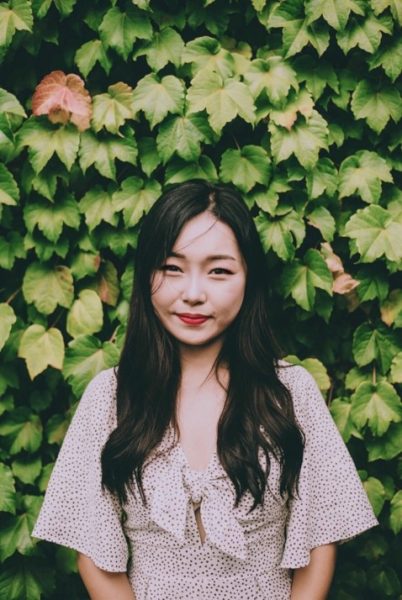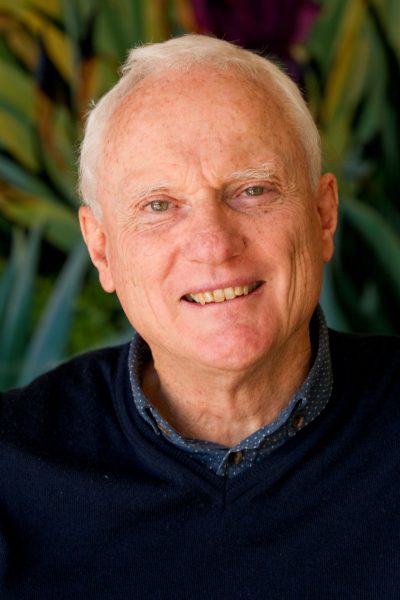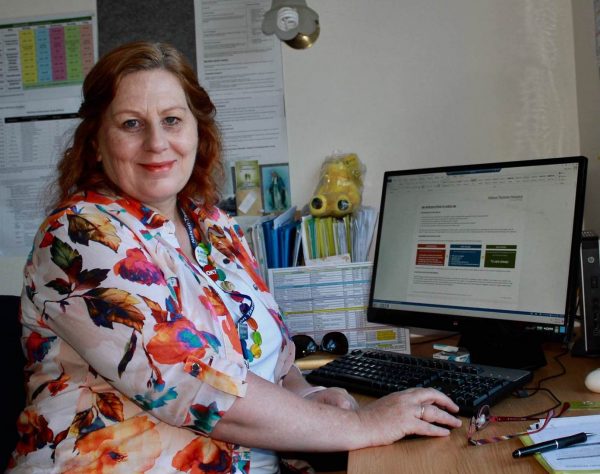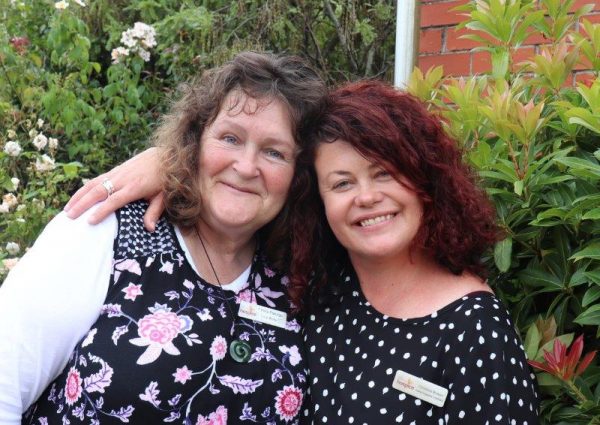Article contributed by Hospice New Zealand.
Since 2007, Hospice NZ’s great friends and national partners at BNI New Zealand have supported the BNI Palliative Care Scholarship Programme, assisting hospice staff members across the country to undertake postgraduate study in their speciality fields and grow as leaders in palliative care. Over the years, BNI New Zealand has donated more than $161,000 to fully fund the programme.
Below we profile some of the recipients of the scholarship programme and the ways in which BNI’s support makes a lasting impact in our communities across New Zealand.

BNI Palliative Care Scholarship recipient, Ruth Lee (Choi) is studying towards a Masters in Social Work with the University of Auckland, specialising in Palliative Care.
Ruth says, “My role at Hospice West Auckland involves working with patients and their families directly, supporting them through a number of challenging life events. My studies are giving me greater knowledge and insight into best practice and allowing me to be more sensitive, honouring and empowering for the patients and carers that I work with.
To deliver optimal care, health practitioners need to be constantly up to date, so I am very thankful for BNI’s support to further my studies. My research also helps me contribute to the growth, development and education of our hospice workforce – I have been delivering education and training sessions to other professionals and participating in forums, lectures and coaching sessions to share the knowledge I am gathering.”

2019 recipient, Spiritual Care Coordinator Vincent Maire from Harbour Hospice says, “A BNI Scholarship enabled me to do two more papers towards a Postgraduate Diploma in Chaplaincy at Otago University. This year’s papers focused on supporting people experiencing trauma and death, dying and grief.
Chaplains often encounter people in crisis. Some people live with the symptoms of undiagnosed trauma for decades – knowing how to recognise and support underlying trauma was a key learning for me. The paper on grief was especially relevant to my role at hospice.
Grief is multifaceted; there is normal grief, anticipatory grief, delayed grief and chronic sorrow to name just a few ways loss can impact a person. A key aspect in both papers was recognising and nurturing resilience as a way of supporting people who grieve. Learnings from these two fascinating papers have enabled me to greatly broaden the way I support people in my care.
My thanks to BNI for enabling me to continue with my studies.”

The BNI Palliative Care Scholarship Programme supported Nelson Tasman Hospice Social Worker, Mary James, with her studies as she worked towards her Masters in Health Science.
“My thesis explores the strengths that underpin and sustain people caring for a loved one who is dying”, says Mary.
Often there’s a tendency to focus on the toll that caregiving takes on families – how difficult it is. There’s no doubt it can be challenging, yet what I also see in my practice are some extraordinary positives, which help explain why families often choose to disregard the challenges and care for their family member anyway. Focusing on the strengths that underpin caregivers helps Hospice best develop a kete to support them.
Thank you to BNI for this scholarship.”

Otago Community Hospice staff received two BNI Palliative Care Scholarships in 2019. Social worker Fiona Panirau received a scholarship to help fund her studies towards a Post Graduate Certificate in Health Services at the University of Canterbury, while Occupational Therapist and ‘Kowhai Programme’ Coordinator Christina Bowen studied towards a Diploma in Palliative Care at the University of Auckland.
Christina says, “The learning this year has been invaluable to my practice. I feel that it has my increased my confidence to manage and advocate for my patients’ palliative care needs, as well as for their carers. Thank you BNI New Zealand for providing the opportunity to apply for these scholarships towards our professional development. It is extremely valuable to my ability to improve patient and whānau care for our community”.
